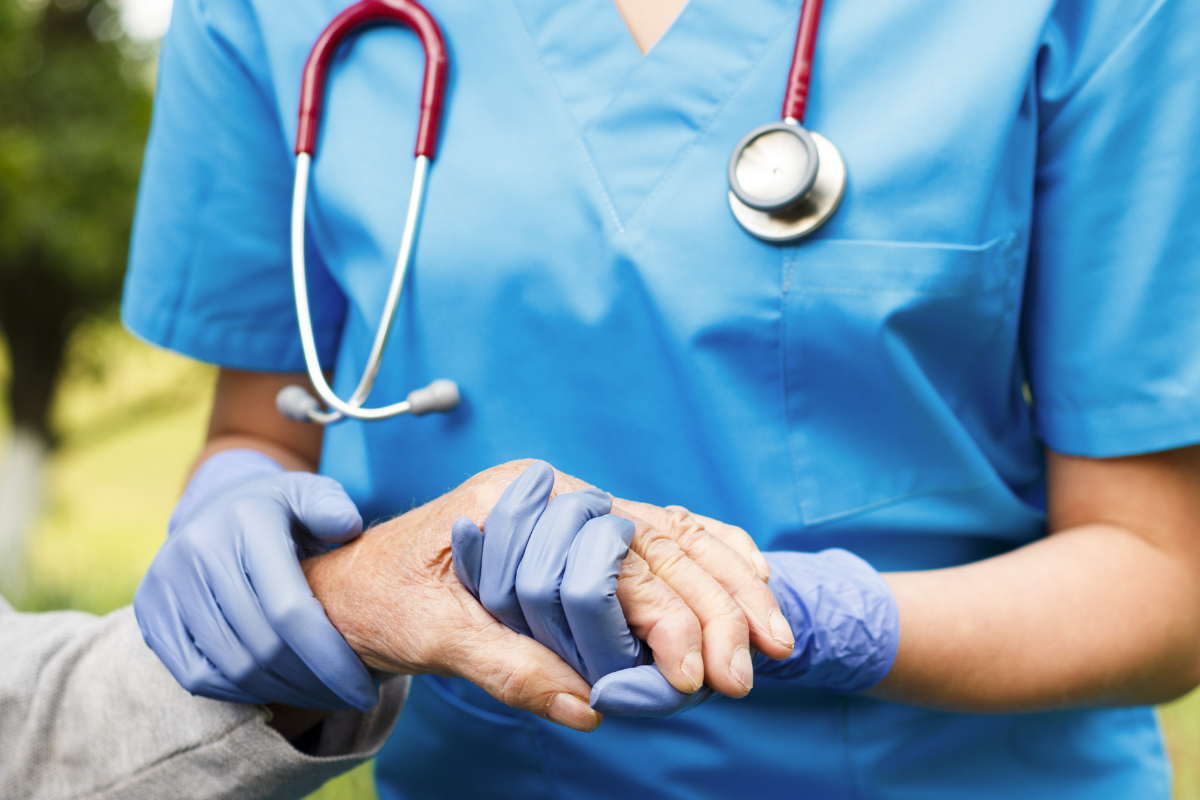Although acne is a common skin condition among younger teenagers, it can also occur in old age. It occurs due to clogging of hair follicles under the skin. Smoking is also a risk factor for acne.
Here are some guidelines for us as older individuals to get rid of acne:
Healthy Skincare Routine
We should wash our faces with a gentle face wash or cleanser twice daily. If we have pores-clogging issues, we must use facial products that contain non-comedogenic ingredients. We should use less potent skincare products containing benzoyl peroxide or salicylic acid to treat bacterial acne. We should avoid using teenage products that can be harsh on our skin.
Reduce Stress
Stress can lead to increased sebum production, which can cause acne. If we feel a new breakout due to stress, we should try to reduce stress and anxiety. Meditation is a great way to release tension and reduce anxiety. Yoga and breathing exercises can also help lower stress, which, in turn, helps to reduce acne and enhance our overall health. Walking in peaceful green environments, such as parks or gardens, or adopting any creative hobbies like drawing or watching comedy shows can be beneficial in lowering stress among us.
Quit Smoking
We should try quitting smoking as it contributes to acne, especially a non-inflammatory type known as smoker’s acne or APAA (Atypical post-adolescent acne). Quitting smoking at once is difficult, so we should try to have 1-2 cigarettes daily and then gradually quit for better skin.
Healthy Dietary and Sleep Habits
Our diet plays a significant role in acne development and reduction. We should avoid highly processed foods with a high glycemic index and inflammatory foods, as they can increase acne risks. Good sleeping habits are essential for healthy skin. We should aim for at least 8 hours of peaceful sleep to lower acne.
Sunscreen & Hydration
We need to maintain a healthy lifestyle routine. We should use sunscreen if we need to go outside in severe sunlight to avoid UV rays that can trigger acne on the skin. We should use sunscreen a dermatologist recommends with a specific SPF according to our skin condition. Staying hydrated is essential; we should aim for at least eight glasses of water daily.
Dermatologist Consultation
We should also consult a dermatologist to treat old-age acne because most cases are usually associated with hormonal imbalances like postmenopausal phases.
Conclusion
Acne is a common problem among adults and teenagers but uncommon among older adults. This may occur due to excessive sebum production, bacteria or dust causing clogging of pores due to increased oil production in old age, as indirect factors may trigger acne, including poor sleep, stress, harsh facial products, high glycemic index, or inflammatory food intake, and smoking. Eating anti-inflammatory and low glycemic index foods, having a healthy sleep routine and skincare routine, reducing stress, and quitting smoking can help lower acne among older people. Always wear sunscreen to avoid sunrays and stay hydrated.
“

